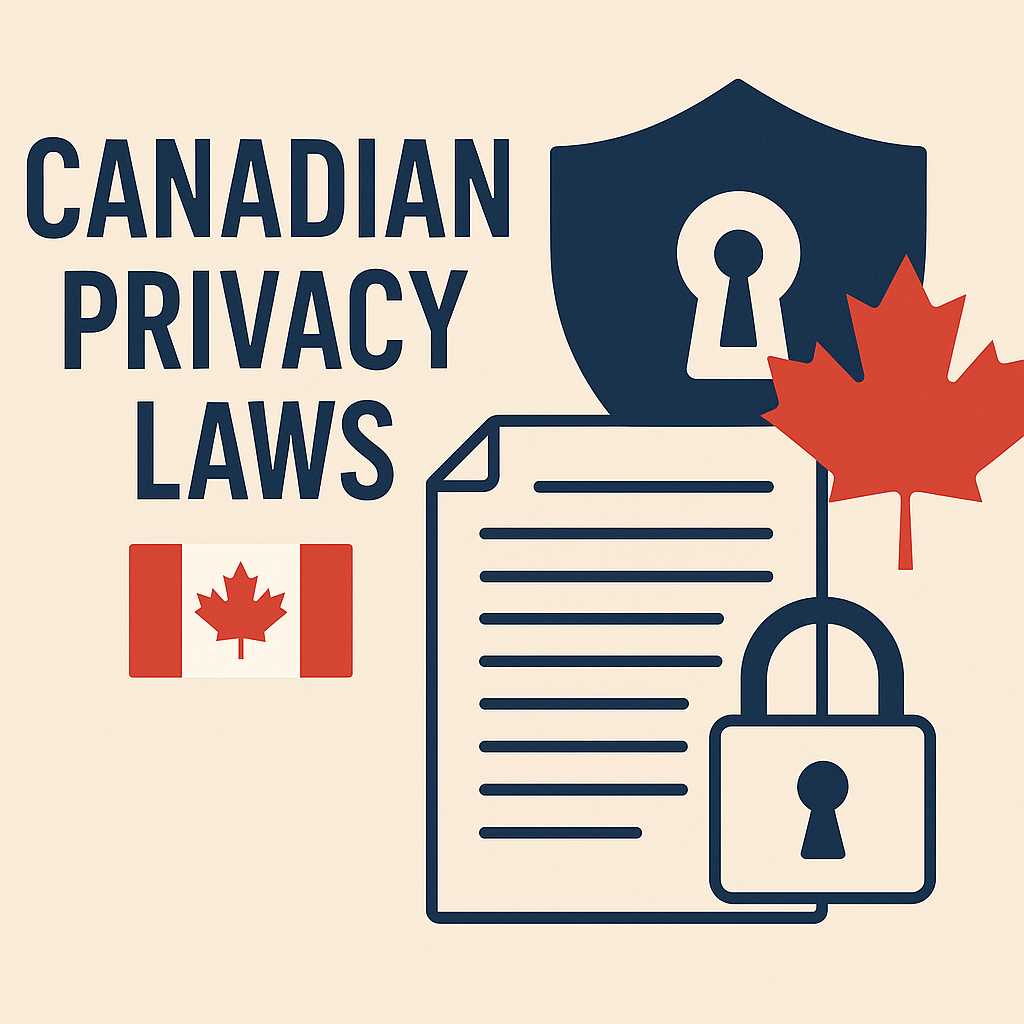What You’re Not Being Told
Canada once held a global reputation for championing civil liberties and online privacy. But in 2025, that image is starting to crack.
Two pieces of legislation — Bill C-2 and Bill C-4 — have quietly redefined what the government can access, how, and without whom being notified. If you use the internet in Canada, you’re already affected.
Here’s what you need to know about these new laws, why privacy advocates are alarmed, and what steps you can take to stay ahead of expanding digital surveillance.
A Quick History: Canada’s 2014 Privacy Benchmark
In 2014, the Supreme Court of Canada ruled in R v. Spencer that law enforcement must obtain a warrant before requesting subscriber information (like an IP address) from ISPs.
That decision was seen as a win for digital privacy — a clear limit on government overreach.
Now, in 2025, Bills C-2 and C-4 quietly undermine that standard.
Bill C-2: The IP Address Loophole
Bill C-2 proposes to allow warrantless access to basic internet subscriber information, such as:
- IP addresses
- Time of connection
- Account identifiers
This type of metadata can be used to:
- Build detailed profiles of browsing history
- Link anonymous activity to a specific individual
- Track who communicates with whom, and when
And it can be done without a judge’s oversight.
Privacy isn’t just about content — it’s about context. And C-2 hands that context to authorities with no meaningful safeguards.
Bill C-4: Retroactive Immunity for Illegal Surveillance
Bill C-4 would grant retroactive immunity to government actors who accessed Canadians’ data illegally — as long as it was in “good faith.”
This is a dangerous precedent:
- It excuses violations of past privacy rights
- It eliminates accountability
- It signals to future agencies: act first, ask forgiveness later
Why These Laws Are So Dangerous
Unlike large-scale surveillance in the U.S. or U.K., these Canadian bills are subtle — quiet changes buried in dry language.
But the implications are huge:
- Chilling effect on dissent: If authorities can quietly track you, will you self-censor?
- No notification: You may never know you were targeted
- Broad definitions: What qualifies as “basic subscriber info” could expand over time
What This Means for You
If you:
- Use a Canadian ISP
- Access the internet on public Wi-Fi
- Browse websites without tracker protection
…your IP address and metadata are now fair game under Bill C-2.
And if those rights were already violated in the past?
Bill C-4 makes sure no one answers for it.
How to Protect Yourself Right Now
Use a private browser
Incognito Browser automatically hides session activity, blocks tracking scripts, and doesn’t store logs — even on your device.
Use a VPN
Encrypt your traffic and mask your IP address from both ISPs and government requests.
Use encrypted apps
Messaging, email, and cloud storage should all be end-to-end encrypted.
Support legal watchdogs
Groups like the Canadian Civil Liberties Association (CCLA) and OpenMedia are fighting these laws — and they need public pressure to succeed.
Final Thoughts: Privacy Rights Must Be Protected — Not Rewritten
Governments around the world are inching toward normalizing surveillance. Canada, long seen as a defender of rights, is now laying groundwork for silent overreach.
You don’t need to be guilty to be watched. You just need to be connected.
Start protecting your digital life today — because your government might not.
Related Posts



